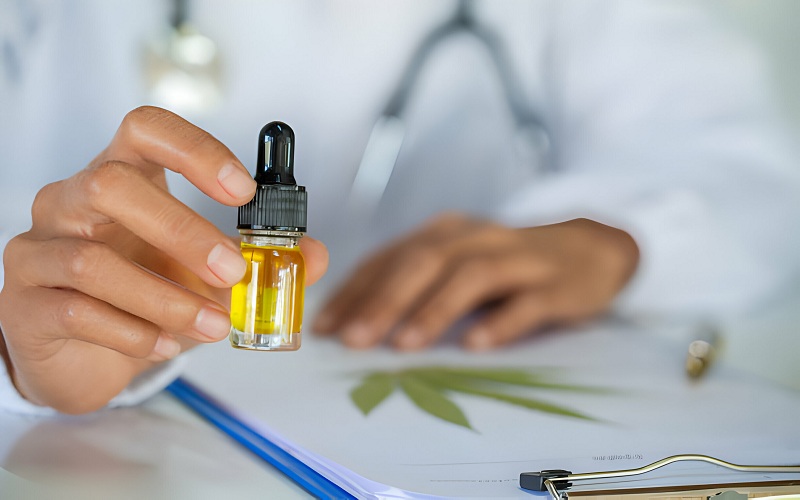Should Doctors Really Be the Ones Recommending Medical Cannabis?
If you want to obtain a medical cannabis card in Utah, you first need to visit a doctor willing to evaluate you and recommend cannabis. Technically, you can also see a physician assistant, nurse practitioner, or orthopedist with prescribing authority in the state. But should these types of medical providers really be the ones making the recommendations?
Doctors receive very little, if any, training in the endocannabinoid system. Such training just isn’t part of their educational requirements. Likewise for physician assistants and nurse practitioners. On the other hand, pharmacists are trained in the endocannabinoid system. Perhaps they are more qualified to recommend medical cannabis.
The Difference Between Medicine and Drugs
For all intents and purposes, our healthcare system uses the word ‘medicine’ to describe what clinicians do. Doctors practice medicine. So do advanced practice nurses, therapists, etc. On the other hand, drugs are something clinicians prescribe. Does distinguishing between the two terms matter? Absolutely.
A med school student learns a ton about biology, physiology, epidemiology, and similar topics. Very little attention is given to pharmacology. Doctors learn what makes people sick, how to recognize symptoms and how to treat injuries. They learn to practice medicine. They do not learn anything about the drugs they prescribe. That is why they rely so heavily on pharmacy reps to tell them about the prescriptions they write.
Pharmacists are trained differently. They spend less time learning about illnesses and injuries and more time on pharmacology. They are trained specifically in topics relating to drugs, how they interact with the human body, the types of side effects they produce, and so forth. As a result, pharmacists are intimately familiar with the human endocannabinoid system.
Ask the Pharmacist Questions
The differences in training between doctors and pharmacists explains why patients are encouraged to ask their pharmacists any questions they have about their prescription medications. A doctor is an expert in illness well the pharmacist is an expert in prescription drugs. If you have a question about how you feel, ask a doctor. If you have a question about the drug you are taking, ask a pharmacist.
Why doesn’t the same thing apply in the medical cannabis arena? Why do patients have to consult with doctors over a drug they know nothing about? And why do certain states encourage doctors to write the equivalent of a prescription when they have no idea how the human endocannabinoid system interacts with cannabis? It makes no sense.
Patients Need Access to Both
Just as with traditional medicine and drugs, patients in the medical cannabis world need access to both doctors and pharmacists. At the very least, a doctor willing to recommend medical cannabis should have a rudimentary understanding of the endocannabinoid system. They do not have to be an expert, but having enough knowledge to make an informed decision would help.
According to the folks at Utah Marijuana, Utah lawmakers have done their best to create a system under which both doctors and pharmacists are involved. Doctors still make initial medical cannabis recommendations, but medical cannabis pharmacies are required to have a pharmacist on staff whenever the doors are open. Pharmacists must also approve all orders before they go out the door. Patients are encouraged to consult with their pharmacists on every visit.
Based on a limited understanding of the human endocannabinoid system, it does not seem appropriate that doctors should be the ones recommending medical cannabis. But given the fact that they do, it is probably best that patients still take their questions and concerns to an experienced pharmacist. That is where the real knowledge lies.



